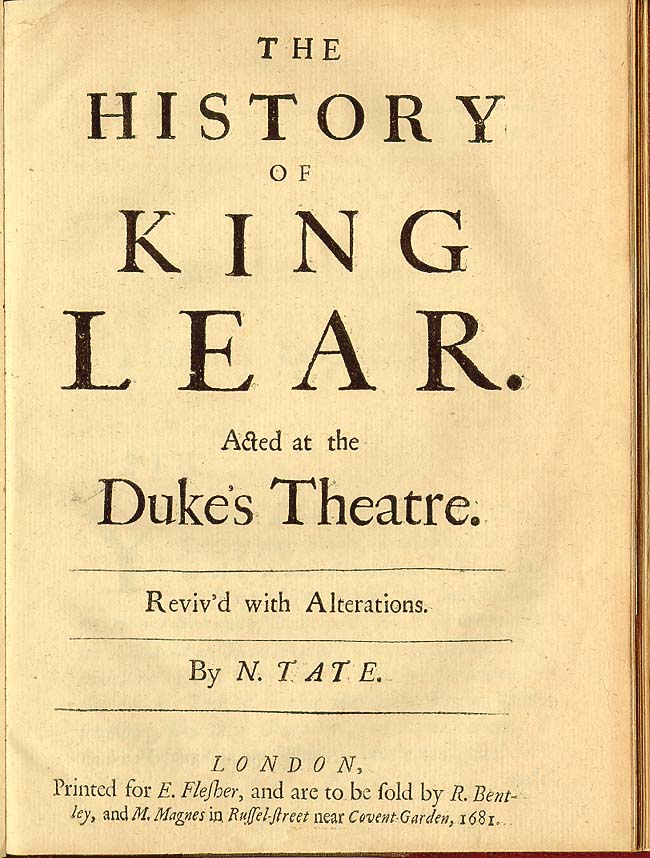Born: 1652, Dublin, Ireland
Died: August 12, 1715, Southwark, London, England
Buried: St. George the Martyr Southwark, London, England
Nahum Tate

Hymns by Nahum Tate
The Unexpected Legacy of Nahum Tate, Ireland’s Poet Laureate
When we flip through the dusty pages of literary history, some names shine brighter than others. William Shakespeare, John Milton, Geoffrey Chaucer – these are the titans who stand the test of time. But what about the lesser-known luminaries, those who made their mark in their day but have since faded into obscurity? One such figure is Nahum Tate, the Anglo-Irish poet, hymnist and lyricist who rose to become Britain’s Poet Laureate in 1692.
From Puritan Roots to the World of Theater
Born in Dublin in 1652, young Nahum came from a family steeped in Puritan tradition. His father Faithful Teate was a clergyman who narrowly escaped with his life during the Irish Rebellion of 1641. Perhaps sensing that his son was destined for a different path, Faithful encouraged Nahum’s education, first at Trinity College Dublin, and later in London, where the aspiring writer moved in 1676 to pursue his literary ambitions.
Tate Takes on the Bard
It didn’t take long for Nahum Tate to make his mark on the London scene. By 1678, his original plays and poems were gracing the stage and page. But it was his audacious adaptations of Elizabethan works, especially those of Shakespeare, that truly set Tate apart.
His reworking of King Lear in 1681 proved especially controversial. Tate deftly massaged the text “full of respect to Majesty and the dignity of courts” while axing the Fool and adding a romance between Cordelia and Edgar for good measure. The revised version became a hit, much to the chagrin of bardolators. Even Samuel Johnson wryly praised “the poetic justice of Tate’s adaptation.”
Librettos and Lyrics for the Ages
Not content to rest on his Shakespearean laurels, Tate flexed his versatility as the librettist for Henry Purcell’s 1689 opera Dido and Aeneas. He also penned texts for the composer’s acclaimed odes and birthday songs.
But Tate’s most enduring contribution was undoubtedly his 1696 New Version of the Psalms of David, a collaboration with Nicholas Brady which added several beloved hymns to the church canon. The Christmas carol “While Shepherds Watched Their Flocks” stands as Tate’s most famous legacy, still cherished by congregations the world over.
“While Shepherds Watched Their Flocks”: A Carol for the Ages
Among the many enduring legacies of Nahum Tate, perhaps none shines brighter than his beloved Christmas carol, “While Shepherds Watched Their Flocks.” This timeless hymn, which recounts the Annunciation to the Shepherds as described in the Gospel of Luke 2:8-14, has become an integral part of the Christmas tradition for countless congregations around the world.
While shepherds watched their flocks by night
All seated on the ground
The angel of the Lord came down
And glory shone around
The exact date of Tate’s composition remains a mystery, but we do know that the words first appeared in the 1700 supplement to the New Version of the Psalms of David, a collaboration between Tate and his fellow hymnist Nicholas Brady. Remarkably, “While Shepherds Watched Their Flocks” was the only Christmas hymn authorized by the Anglican Church at the time; before 1700, only the Psalms of David were permitted to be sung during services. This unique status allowed the carol to spread throughout the country with the Book of Common Prayer, cementing its place in the hearts of worshippers everywhere.
The carol’s enduring popularity is a testament to its simple yet profound message, which captures the awe and wonder of the shepherds as they receive the good news of Christ’s birth. Tate’s skillful use of common metre and vivid imagery brings the biblical story to life, inviting singers to step into the scene and experience the joy of that sacred night.
Over the centuries, “While Shepherds Watched Their Flocks” has been paired with a wide variety of tunes, each one adding its own unique flavor to the timeless words. In the United Kingdom, the carol is most often sung to the tune of Winchester Old, while in the United States, a variation on a Handel aria arranged by Lowell Mason has become the standard. The flexibility of the text and its ability to adapt to different musical settings have undoubtedly contributed to its longevity and universal appeal.
It is a testament to the power of Tate’s words that “While Shepherds Watched Their Flocks” has stood the test of time, remaining the only work from the 1700 supplement to still be sung today. As we raise our voices in this beloved carol each Christmas season, we join a centuries-old tradition that connects us to the past, present, and future of our faith. In singing these words, we not only honor the skill and devotion of Nahum Tate but also the enduring message of hope, peace, and salvation that lies at the heart of the Christmas story.
Accolades, Critiques, and an Inglorious End
Nahum Tate’s prodigious output and literary panache did not go unnoticed by the crown. In 1692, he succeeded Thomas Shadwell as Britain’s Poet Laureate, an honor he would hold for over two decades.
But not everyone was a fan of Tate’s sometimes saccharine style. Acerbic wits like Alexander Pope savaged his works in satirical screeds. Tate’s Shakespearean “improvements” also became a fashionable target of ridicule over time.
Sadly, the Poet Laureate’s final chapter was not a happy one. Hounded by creditors, Nahum Tate was forced to seek shelter in London’s Mint district, where he died in penury in 1715 at age 63.
Yet for all the slings and arrows Tate endured, no one can deny the indelible mark this son of Dublin left on the world of English letters. His works, once ubiquitous, may have lost some luster in the harsh light of modernity. But as long as festive voices sing out “While Shepherds Watched Their Flocks,” Nahum Tate’s name will never be wholly forgotten. And that is a legacy any poet could envy.


